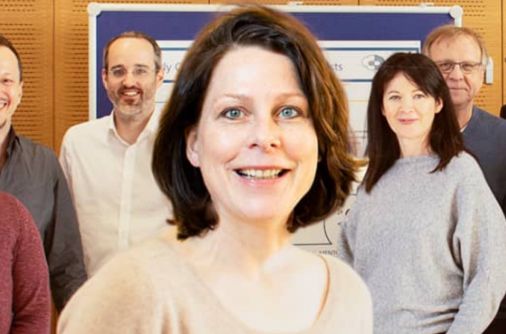Expectations influence treatment outcomes
What happens in the brain and body during this process?
How do we explain individual differences?
Can the effects be used to benefit patients?
You must know that the will is a powerful adjuvant of medicine.
Paracelsus
(1493 – 1541)
Experiences and expectations are powerful therapeutic tools.
It was not Paracelsus, the Swiss physician, natural philosopher and alchemist, who first realised this. It has been known for thousands of years.
But what effects do positive and negative patient expectations have on treatment outcomes today? To answer this question, interdisciplinary research teams are working in close cooperation on 16 projects.
The researchers and clinicians involved in "Treatment Expectation", the project title of Collaborative Research Centre/Transregio 289, aim to unlock the neurobiological and psychological mechanisms behind treatment expectation effects, understand differences between individual patients and examine how the results can be applied to everyday clinical practice.
The hope is to extend the range of treatment options for millions of patients.
FAQ: Frequently asked questions
Would you like to know more about the link between patient expectations and treatment outcomes?
News
- Interview for FierceBiotech about the placebo effect in animals 26. July 2024
- New publication: Nocebo-Effect through media reports about vaccination-associated cerebral venous sinus thrombosis 18. June 2024
- New publication: A brain connectivity signature of pain-related learning 18. June 2024
- New publication: Treatment expectations and depression 18. June 2024
- New publication: Transtheoretical Psychological Therapy – New Perspectives for Clinical Training and Practice 03. May 2024
- New paper in Pain Reports: Translating knowledge on placebo and nocebo effects into clinical practice 26. April 2024
- New paper: Systematic review and multivariate meta-analysis of the physical and mental health benefits of touch 26. April 2024
- Congrats, Prof. Spisák on the Professorship for Predictive Neuroscience! 25. March 2024




